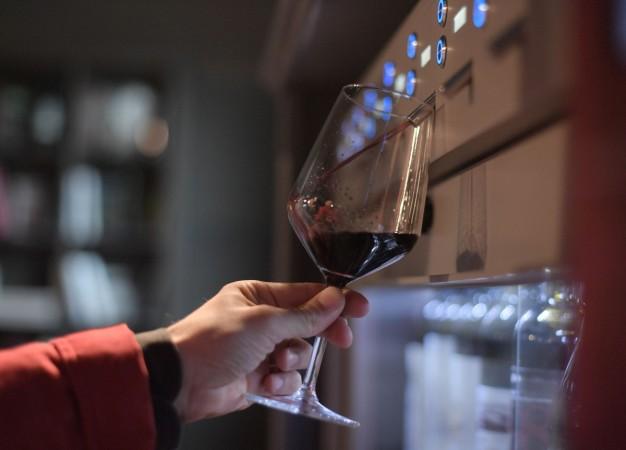In major step towards mopping up revenues through liquor sales in the Covid times, the Uttar Pradesh government has slashed excise duty on beer from the coming financial year. The duty which currently stands at 280% will be cut to 200% from FY2021-22. Moreover, the UP government has also decided not to increase the license fees for beer vends in its latest excise policy.
As per a report in The Times of India, wine, low alcoholic drinks, and international liquor prices are also expected to fall with the government reducing Covid cess by almost half in these categories. "With neighbouring states withdrawing Covid cess, liquor in UP would have been more expensive. So, the cess has been reduced on wine, local alcoholic beverages and foreign liquor," read a government order.
A revenue target of Rs 34,500 crore in 2021-22 from the excise department has been set by the state government against the estimated revenue collection of Rs 28,340 crore in the last financial year.

Incentive to brew in UP
The license fee has been increased by 7.5 percent for all stores, excluding beer vends. In order to ensure minimal waste of grain and fruit, the policy provides an incentive for brewing beer and wine in the state. Even now, grain and fruit are lost, resulting in tremendous losses for farmers, and they can be ploughed into producing beer and wine, which has not existed before.
Beer stores will be eligible for renewal regardless of their stock lift last year to drive sagging beer sales affected by the pandemic. Beer has also been given a nine-month shelf life. Even, wines made from locally grown fruits would be exempt from excise duty for a period of five years. Retail sales will be permitted for vintners and wine taverns will be licensed on its premises.

The policy increased the existing cap for storage at home from 6 liters to 16 liters for the purchase of a special annual licence fee of Rs 12,000 and a security deposit of Rs 51,000, respectively. Only those who pay income tax of at least 20 percent will be eligible for this scheme to ensure that the legislation is not misused.















